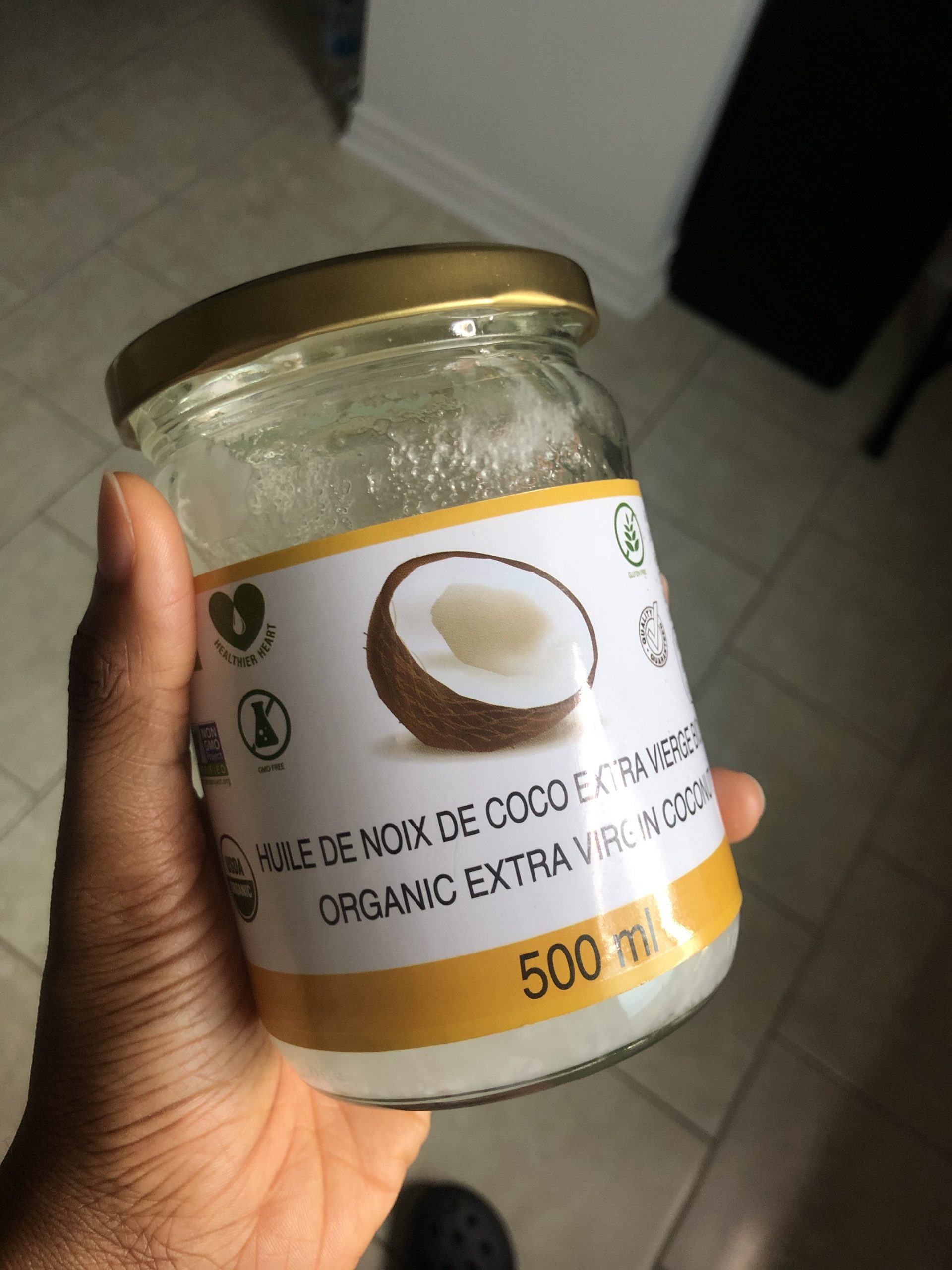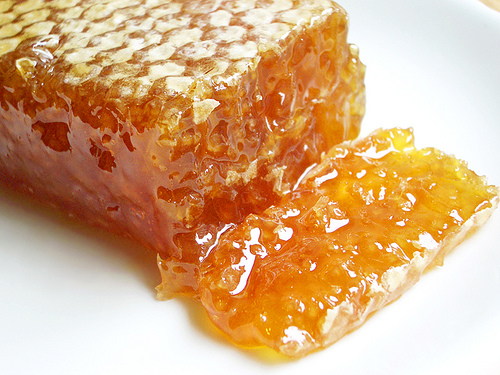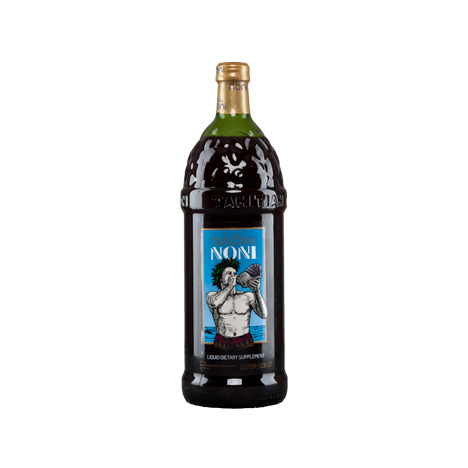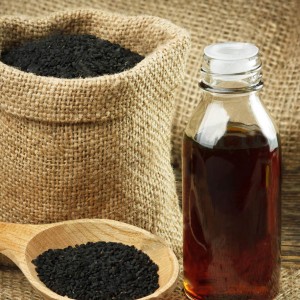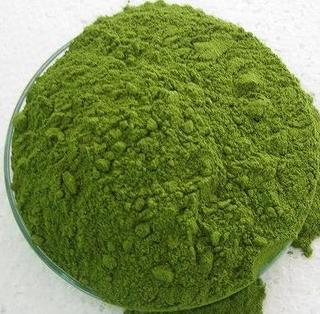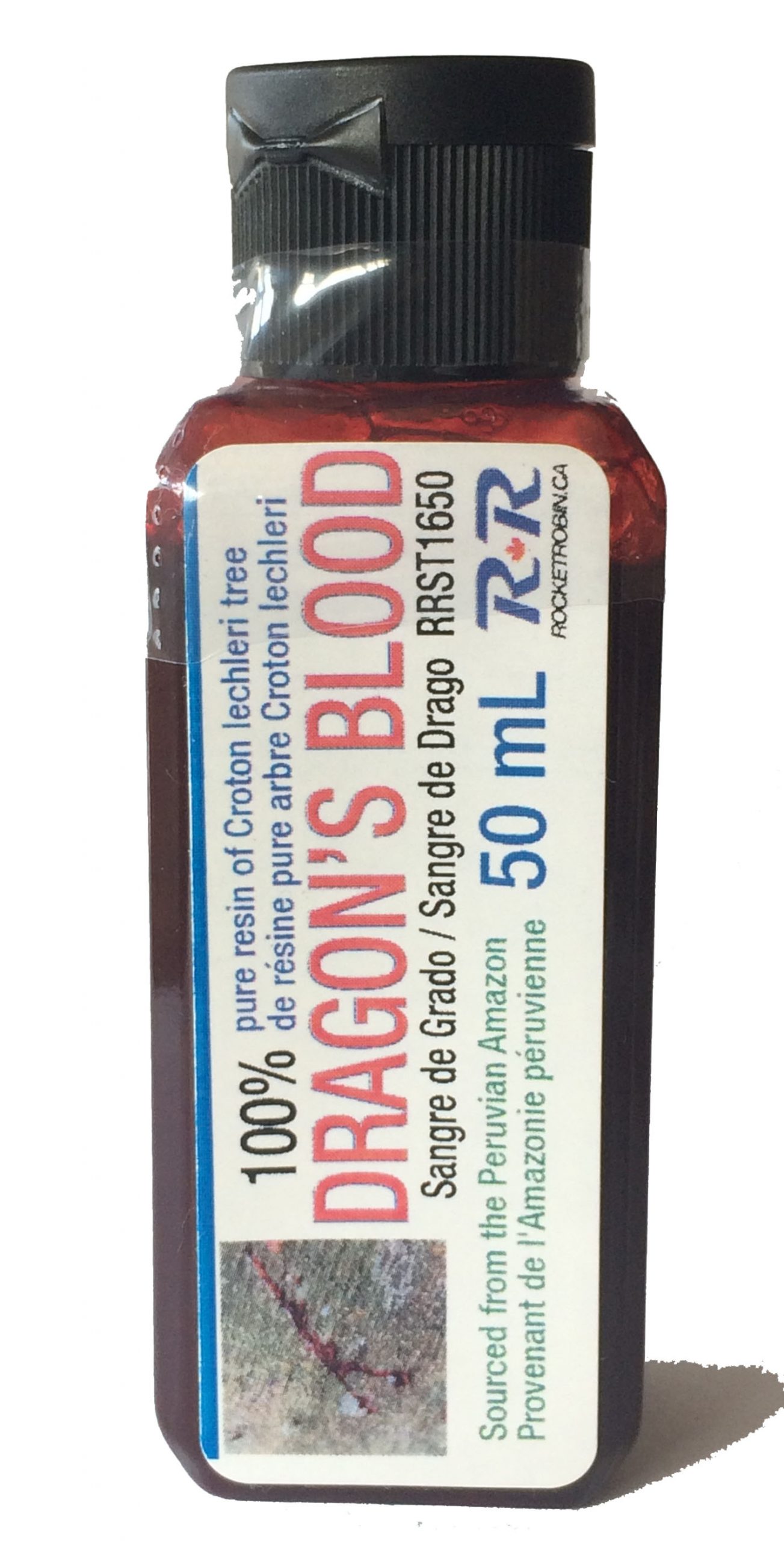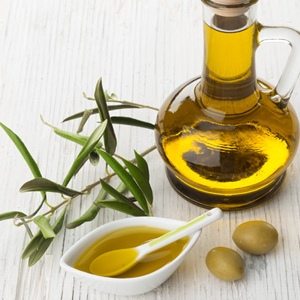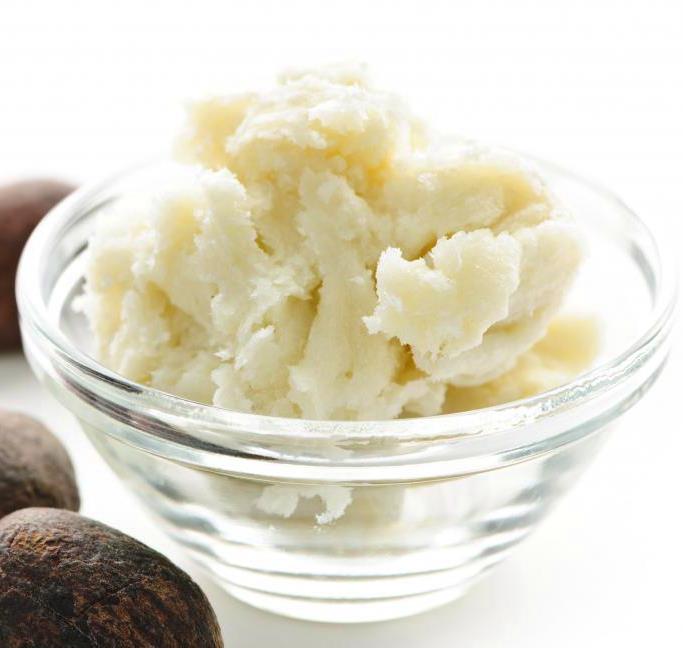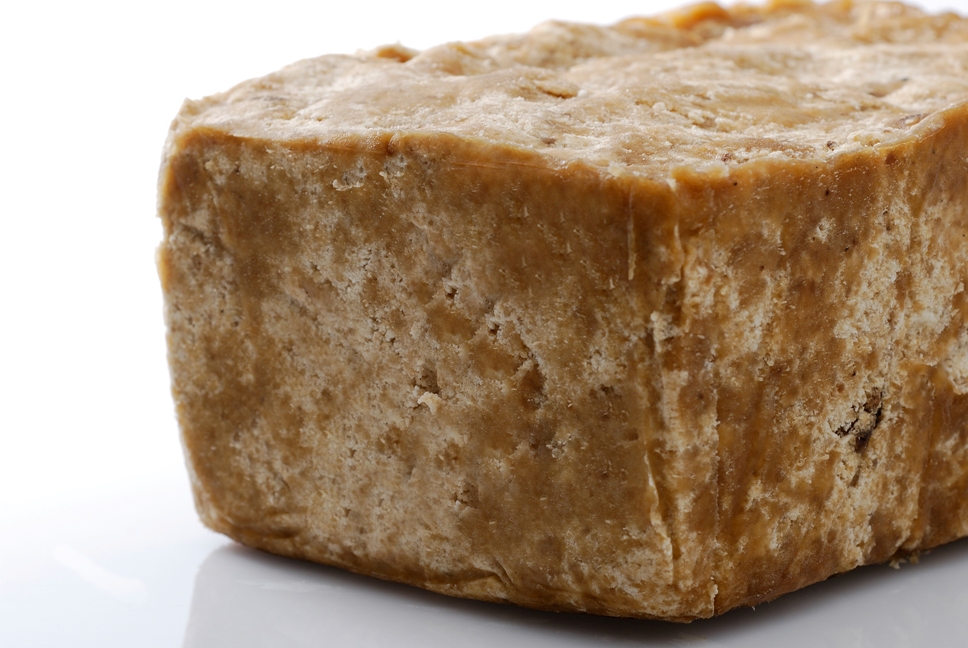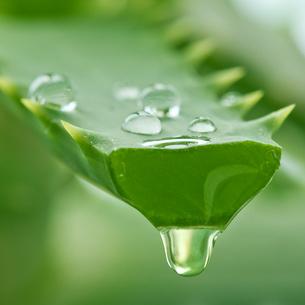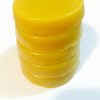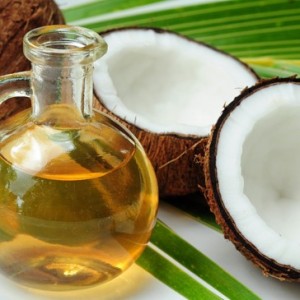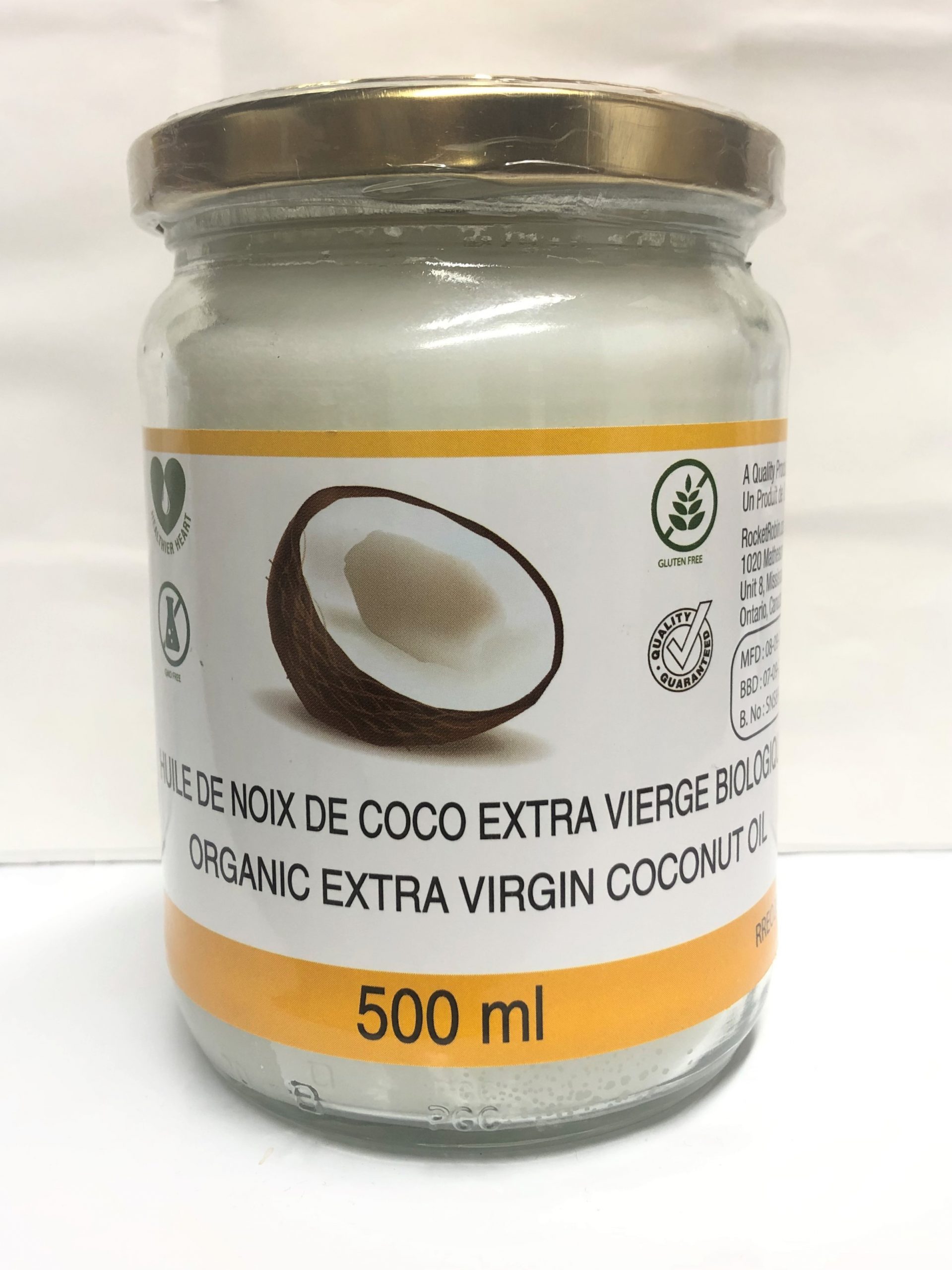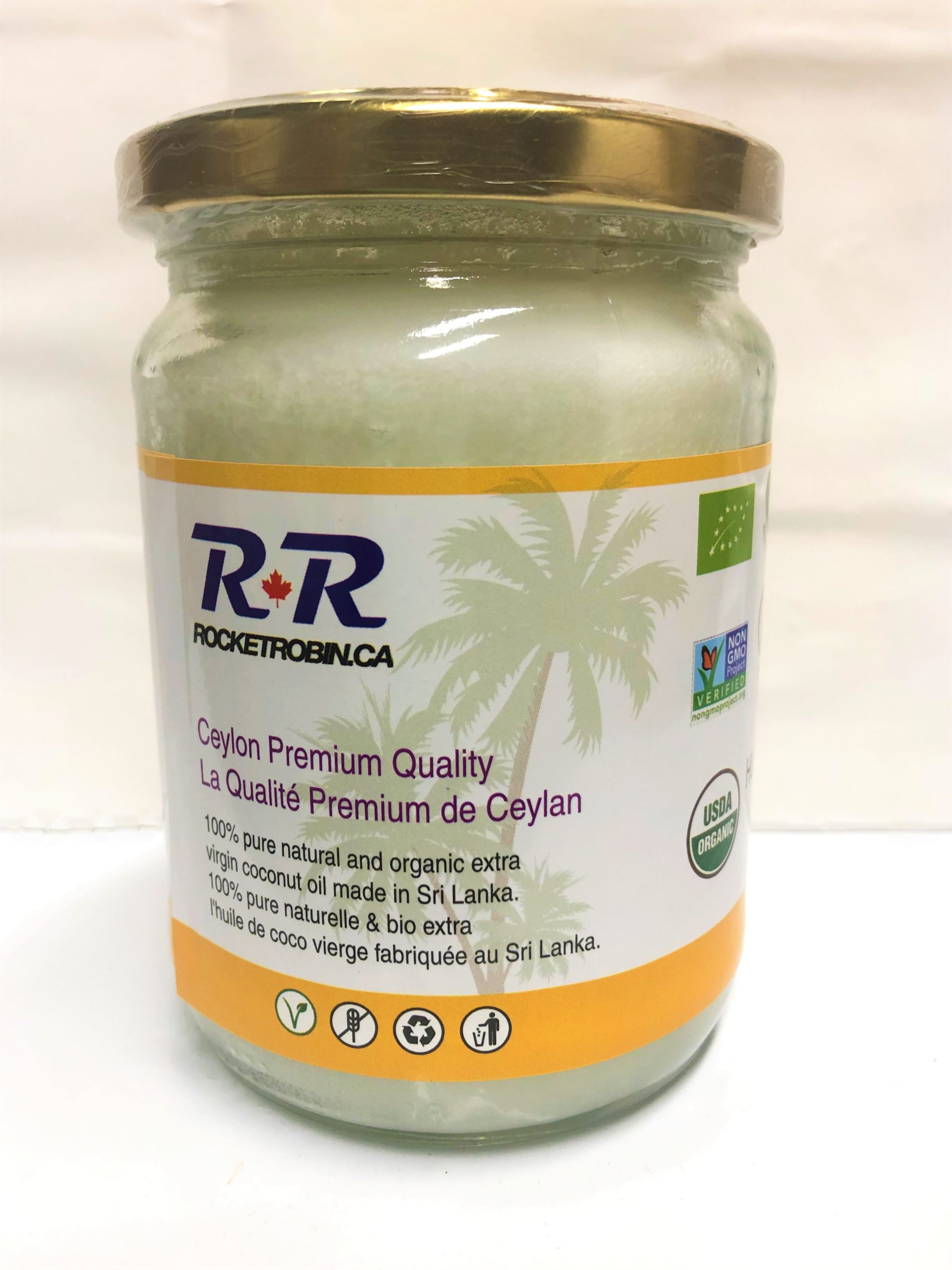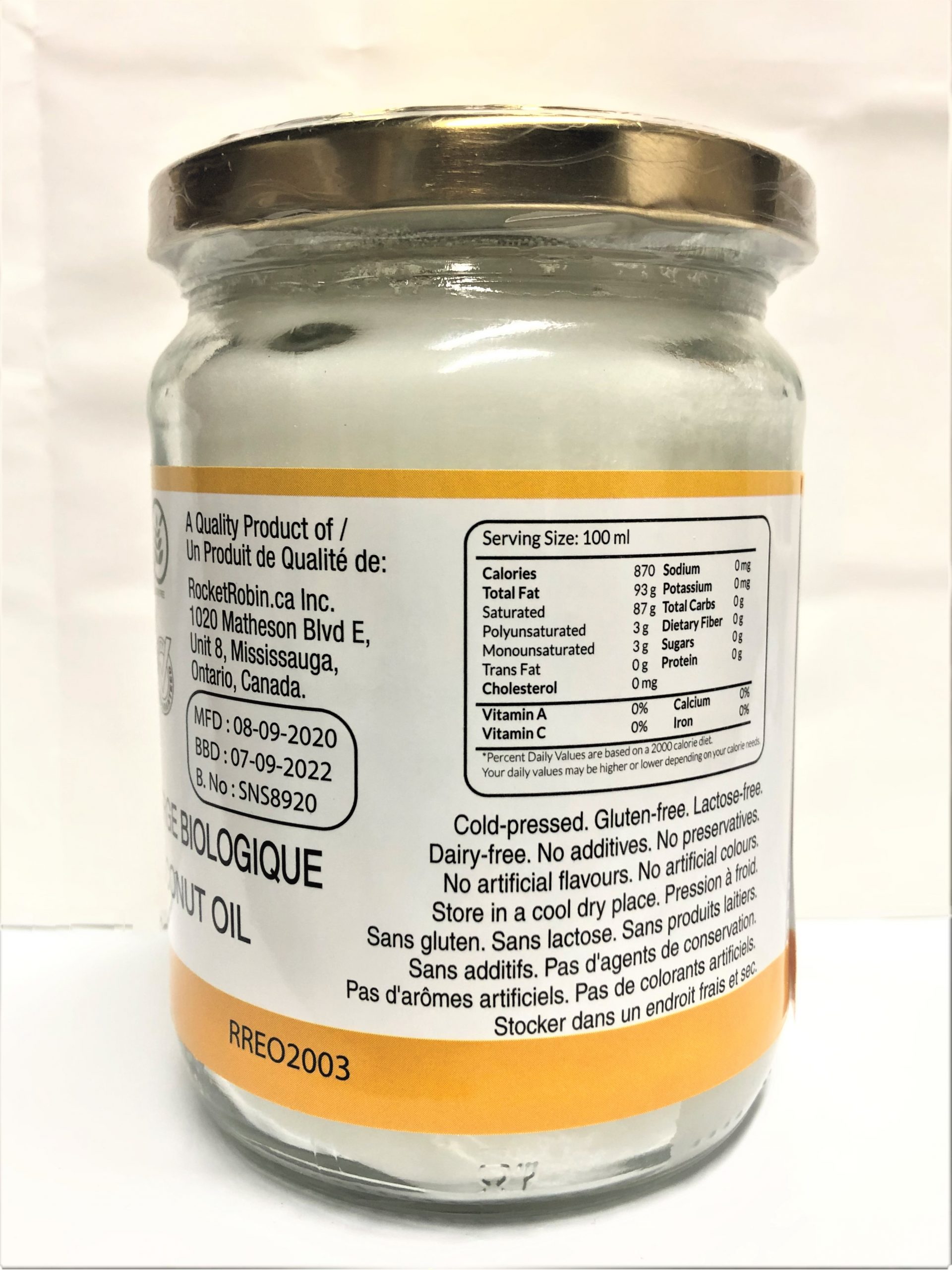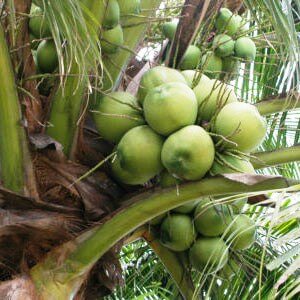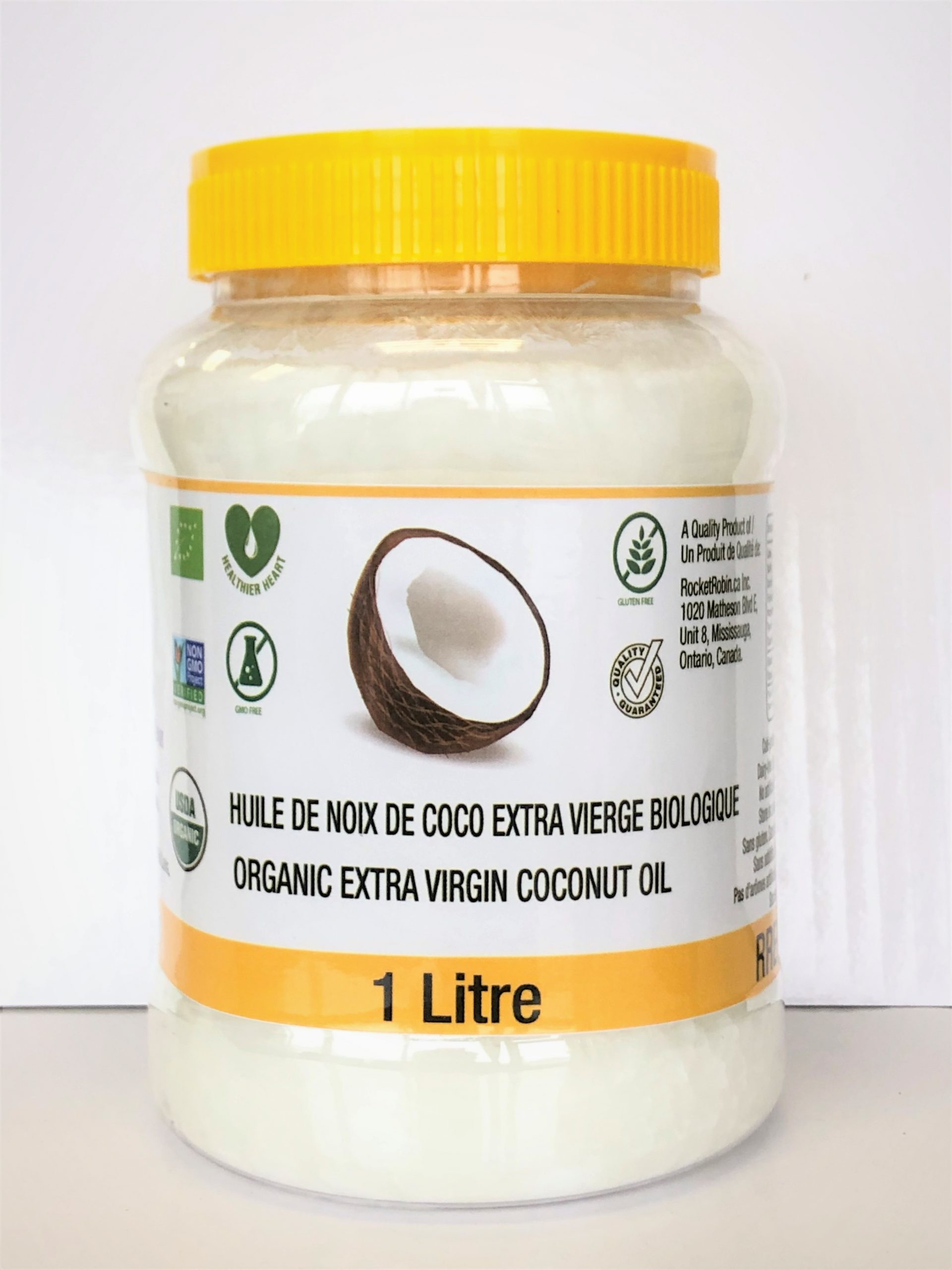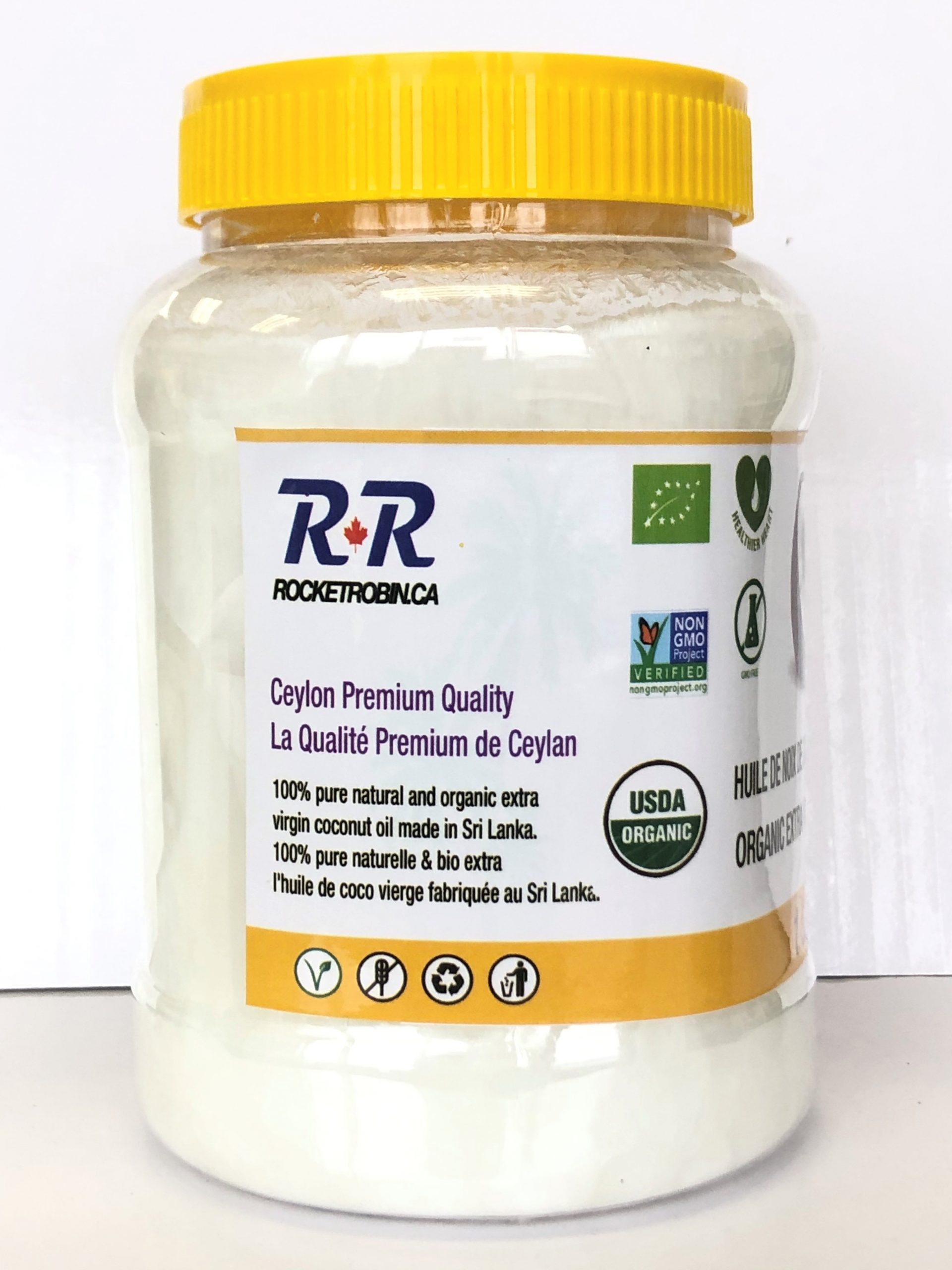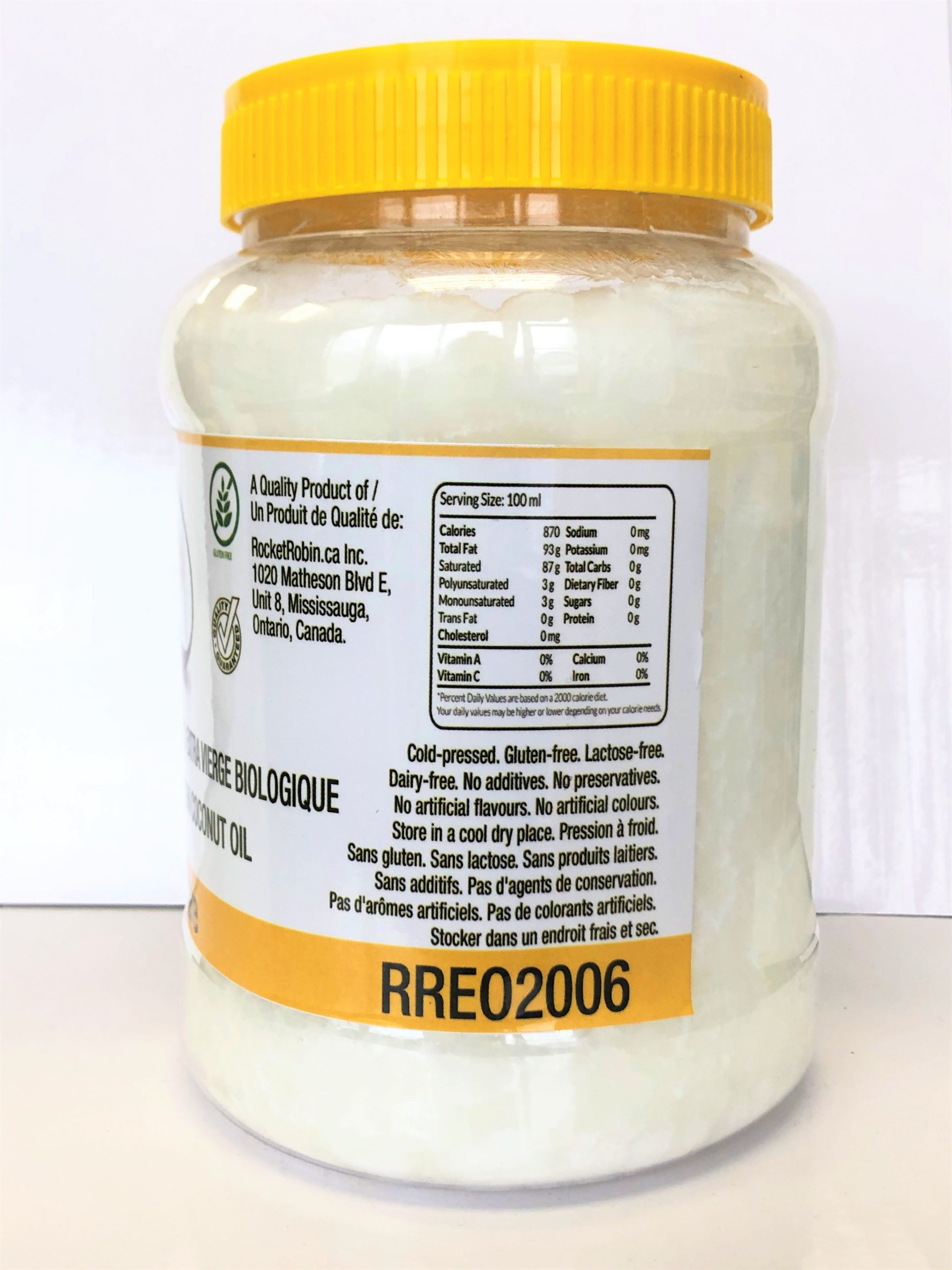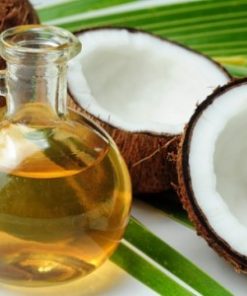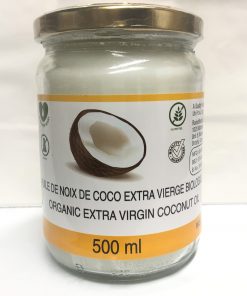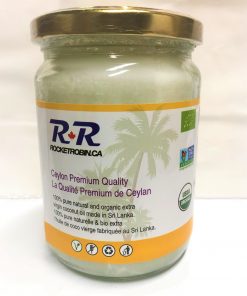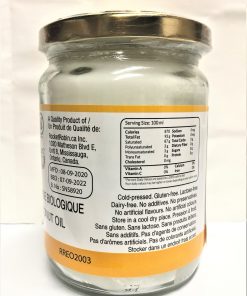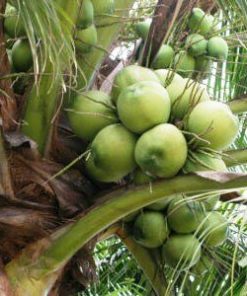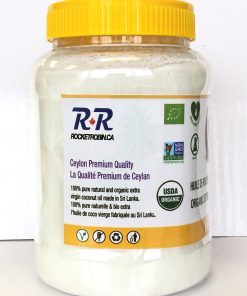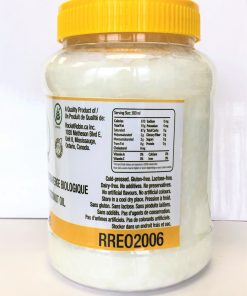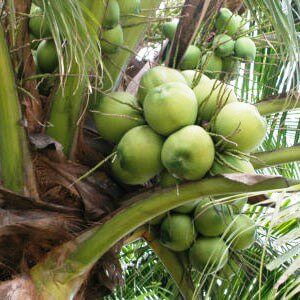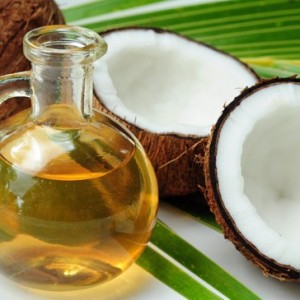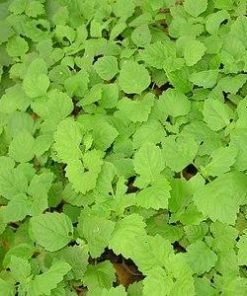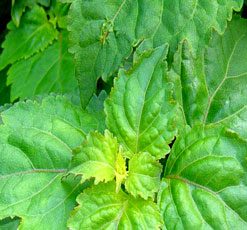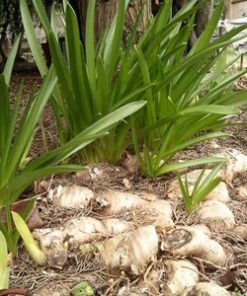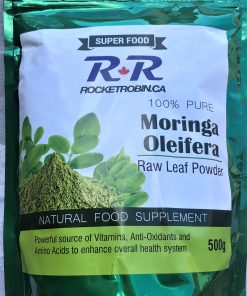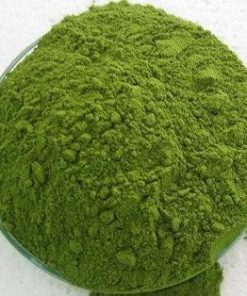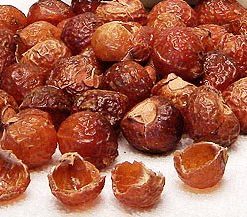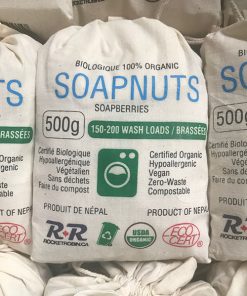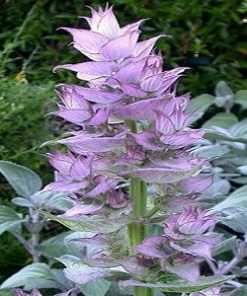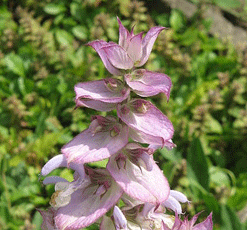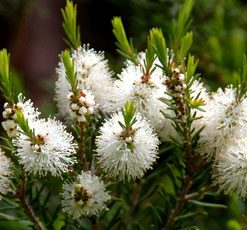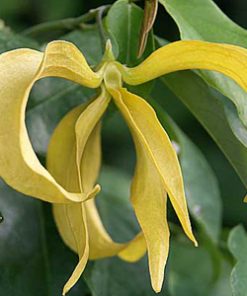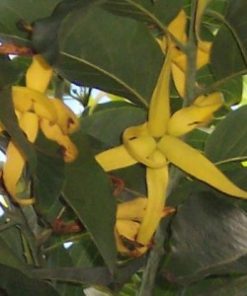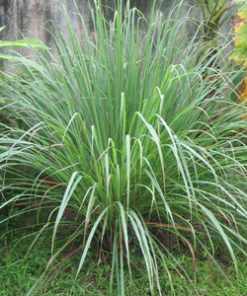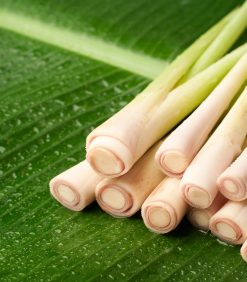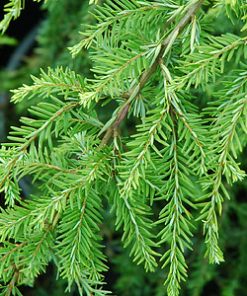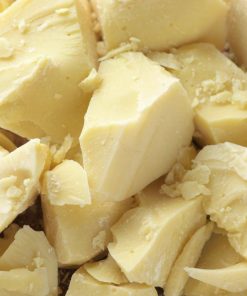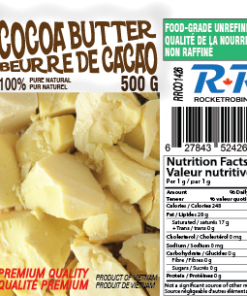$14.99 – $24.99
This is the REAL stuff, not supermarket-variety mass-produced coconut oil. Fresh new stock has arrived from tropical Asia! Hand-made, cold-pressed, FOOD-GRADE!
- Maximum quantity allowed for this product: 0
Description
Coconut Oil Extra Virgin FOOD-GRADE
Coconut Oil Extra Virgin 500 ml in glass jar or 1 Litre in PET jar. Cold-pressed and unrefined, filled with nutrients to enrich and nourish hair and skin. Prepared by hand and is FOOD-GRADE.
Extra Virgin Coconut Oil is a carrier oil but also provides numerous healing benefits!
Virgin coconut oil (VCO) can be produced in different ways from fresh coconut meat, milk, or residue. Producing it from the fresh meat involves removing the shell and washing, then either wet-milling or drying the residue, and using a screw press to extract the oil. VCO can also be extracted from fresh meat by grating and drying it to a moisture content of 10–12%, then using a manual press to extract the oil. Producing it from coconut milk involves grating the coconut and mixing it with water, then squeezing out the oil. The milk can also be fermented for 36–48 hours, the oil removed, and the cream heated to remove any remaining oil. A third option involves using a centrifuge to separate the oil from the other liquids. Coconut oil can also be extracted from the dry residue left over from the production of coconut milk.
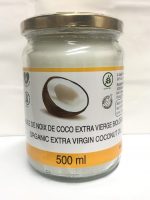
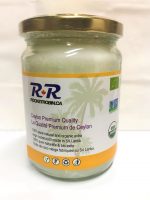
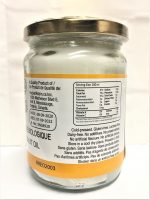
A thousand mature coconuts weighing approximately 1,440 kilograms (3,170 lb) yield around 170 kilograms (370 lb) of copra from which around 70 litres (15 imp gal) of coconut oil can be extracted.


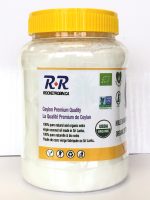

DIFFERENT FROM REGULAR COCONUT OIL!
Conventional coconut oil uses hexane as a solvent to extract up to 10% more oil than just using rotary mills and expellers. The oil is then refined to remove certain free fatty acids, in order to reduce susceptibility to rancidification. Other processes to increase shelf life include using copra with a moisture content below 6%, keeping the moisture content of the oil below 0.2%, heating the oil to 130–150 °C (266–302 °F) and adding salt or citric acid.
Extraction
The main difference between ordinary coconut oil and virgin coconut oil lies in their processes of extraction. While the former is extracted by cold compression or cold milling of Copra (another name for dried Coconut kernels) with a moisture content of around six percent, the latter is extracted from the coconut milk obtained from fresh coconuts. Thereafter, using processes such as fermentation, churning (centrifugal separation), refrigeration, and the action of enzymes, the oil is separated from the water or moisture. In some cases, this fresh coconut oil is boiled to obtain the oil by evaporating the water or moisture.
However, in the case of virgin coconut oil, the raw materials and the process of extraction should not allow any involvement of heat. Therefore, in good and reputable firms that manufacture virgin coconut oil, throughout the whole process, the utmost care is taken to ensure that the kernels and the raw material, i.e. the coconut milk, are not subjected to heat or sunlight. In some cases, virgin coconut oil is also extracted directly by cold compression of fresh dried coconut meat. This is also called Micro-expelling.
Appearance
Virgin coconut oil looks slightly different from ordinary coconut oil and this differentiation cannot be made with the naked eye. This difference is mainly due to the presence of certain colloidal and other particles and moisture within it. On the other hand, ordinary oil is refined and is mainly left with the fatty acids in it and almost nothing else. Ideally, virgin coconut oil should be as clear as water. However, its colour may vary slightly depending upon its processing.
Virtues
Coconut oil extra virgin has a very good taste and smell, like that of fresh coconuts, since it is derived from fresh coconuts and is subjected to very low, if not totally nil, heat and sunlight. It is also not refined. This preserves all the natural goodness of this oil, including a high content of vitamin-E and minerals, which are otherwise almost completely robbed from ordinary coconut oil during processes like heating, filtration, refining, and bleaching, which are done to make it colourless and odourless. Furthermore, virgin coconut oil is very effective as a moisturizing agent. Its antioxidant properties are far better than those of normal coconut oil.
Composition
The two varieties do not differ much in composition, except for the fact that a few good things, such as some polyphenols, vitamins, and minerals that contribute to the taste, fragrance, and goodness of coconut oil are found more in virgin coconut oil than the its ordinary counterpart. Furthermore, it is richer is medium chain fatty acids, good cholesterol, and has almost no trans fatty acids.
BENEFITS
Since it is not subjected to heat (even if it is, it is subjected to very low heat), sunlight, and being extracted from fresh (non-dried) coconuts with a different process of extraction, virgin coconut oil is certainly richer in benefits than ordinary coconut oil. It is higher in vitamin content, antioxidants (which is nil or negligible in ordinary coconut oil), minerals, medium chain fatty acids, taste, fragrance, and even the amount of protein. The shelf life of virgin coconut oil is very long, much longer than any other edible oil and its own variant, the RBD (Refined Bleached Deodorized) coconut oil. Also, it does not go rancid easily. Due to the presence of high amounts of Lauric and Capric acid, the prospect of using VCO in aiding the treatment of AIDS is also being explored.
Coconut oil extra virgin is often described as the “healthiest oil on earth.”
This wasn’t always so. For years it had a reputation of being unhealthy because of its high saturated fat content.
We now know coconut oil is different from most fats and is actually good for us. We have listed twelve of the most important health benefits of this newly declared PowerFood.
How Did Coconut Oil Get a Bad Reputation?
- Coconut oil is saturated oil. Saturated oils were understood to raise blood cholesterol and cause heart disease.
- A specific study conducted 40 years ago seemed to verify this concern. Yes, it did increase heart disease.
But, what no one at the time seemed to take into account was that this study was done on hydrogenated coconut. The problems with hydrogenated oils are well documented by numerous studies. Even the general theory of saturated fats is now suspect.
Coconut oil has been used throughout Asia and the Pacific for thousands of years as both a food and a medicine.
In tropical climates like Polynesia, Sri Lanka, and the Yucatan where they have a diet high in coconut oil, the people are healthier, have less heart disease, cancer, and colon problems than unsaturated fat eaters. It is now accepted that there is good cholesterol and there are good saturated fats.
Health Benefits of Coconut Oil Extra Virgin (cold pressed):
1. Thyroid-stimulating: Research shows that coconut oil contains a medium-chain fatty acids accelerate that stimulates metabolism, gives you more energy.
2. Get candida in check: Coconut oil has a good quantity of caprylic acid in it which is well known to kill off excess candida by targeting harmful bacteria.
3. Lowers cholesterol: It is rich in lauric acid which protects your heart by reducing total cholesterol and increasing good cholesterol.
4. Helps with weight loss: Here is an interesting fact about coconut oil; even though it is a fat, it actually helps with weight loss! The healthy medium chain fatty acids do not circulate in the bloodstream like other fats; they are sent directly to the liver and are converted into energy. Thus the body does not store the fat in coconut oil as fat; it uses it to produce energy instead.
5. Helps keep diabetes in check: It does not produce an insulin spike in your bloodstream. Instead it helps control blood sugar by improving the secretion of insulin.
6. Reduces heart disease: studies on people in the Pacific Islands found that their total caloric intake included thirty to sixty percent from fully saturated coconut oil. These Pacific Islanders have nearly non-existent rates of cardiovascular disease.
7. Gastrointestinal malabsorption diseases: Combining Vitamin E supplements with coconut oil through the skin proved to be a good alternative for those with gastrointestinal malabsorption diseases. Study in Canada 1999 University of Western Ontario
8. Supports the immune system. It is rich in lauric acid, a nutrient that supports the body’s immune system.
9. Good for the skin: When applied externally it forms a protective antibacterial layer protecting the infected body part. Also, coconut oil speeds up the healing process of bruises by helping to repair damaged tissue.
10. Nourishing for the brain: Studies show that it improves cognitive function, and stalls, or even reverses, neurodegenerative diseases in their early stages.
11. Ancient medicine:
Coconut oil has been part of Ayurvedic medicine for 5,000 years in India.
12. Speeds Recovery:
People in Panama drink a glass of coconut oil to protect themselves from illness as it is also believed to speed recovery from sickness.
TRUST ROCKET ROBIN
Rocket Robin is proud to be your supplier of truly natural products with simple ingredients in support of your family’s health and well-being.
Additional information
| Weight | N/A |
|---|---|
| Dimensions | N/A |
| Volume | 500 ml, 1 Litre |
Reviews (6)
